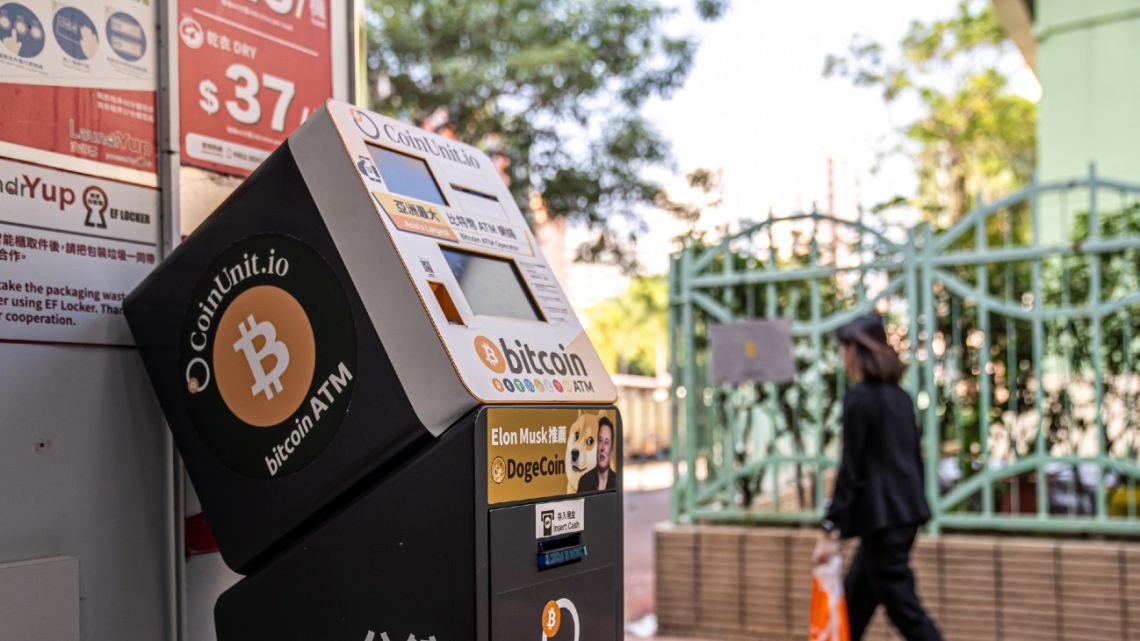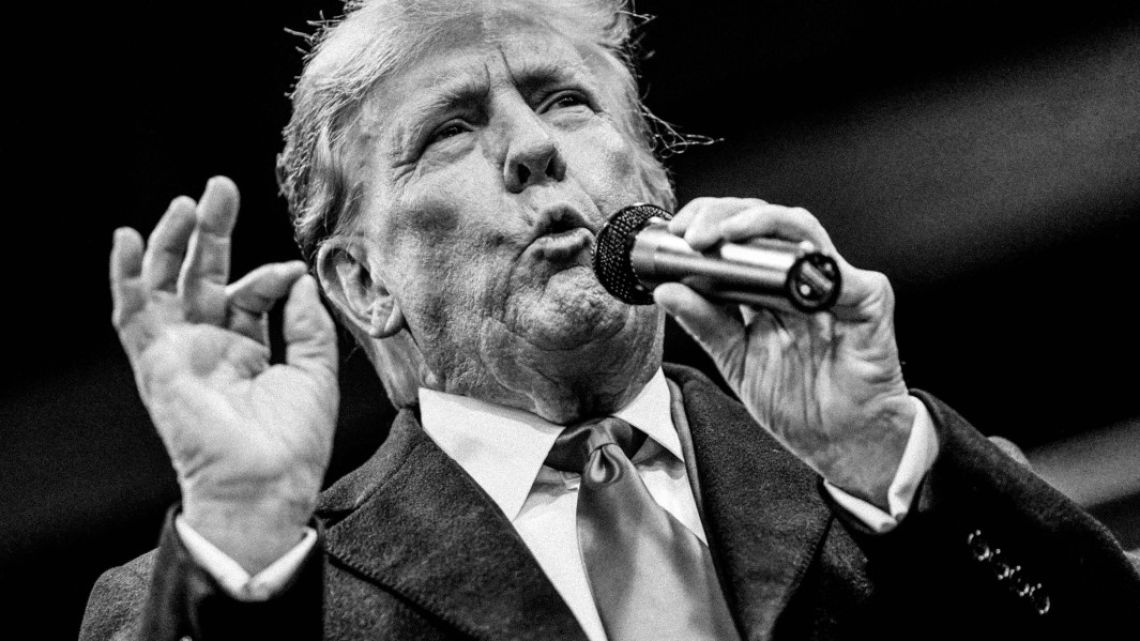(Analysis) In a controversial expansion of judicial authority, Brazil’s Supreme Court, led by Justice Alexandre de Moraes, has established sweeping new regulations for social media platforms.
This development exemplifies a troubling trend where Brazil’s judiciary assumes legislative functions, raising serious concerns about democratic checks and balances.
The immediate catalyst was X’s failure to comply with court orders, resulting in the platform’s temporary suspension in Brazil. The company eventually submitted to Brazilian authority and paid R$ 28.6 million ($5.1 million) in fines to resume operations.
Jorge Messias, Brazil’s Attorney General, praised this as a defining moment for digital platforms in Brazil, though his position raises questions about the concentration of power in the judiciary.
The court’s new framework mandates that social media platforms must:
- Comply promptly with Brazilian court orders
- Maintain legal representatives within Brazil
- Remove content deemed harmful by courts
- Pay substantial fines for non-compliance
 Brazil’s Judicial Regulation of Social Media: A Crisis in Separation of Powers. (Photo Internet reproduction)
Brazil’s Judicial Regulation of Social Media: A Crisis in Separation of Powers. (Photo Internet reproduction)Since 2020, Justice Moraes has single-handedly ordered the blocking of 340 accounts and the removal of hundreds of thousands of posts, demonstrating unprecedented judicial control over online speech.
In addition, this extensive authority has been exercised without legislative oversight or clear statutory guidelines.
Tom Ginsburg, a comparative constitutional law expert at the University of Chicago, notes that Brazil’s Supreme Court has become exceptionally powerful, often exceeding traditional judicial boundaries.
The court’s role as victim, investigator, and judge in many cases presents clear conflicts of interest. The root cause lies in Congress’s failure to establish comprehensive digital regulations.
While Brazil’s 2014 Internet Civil Framework exists, it proves inadequate for current challenges. Rather than allowing legislative solutions to develop, the Supreme Court has filled this vacuum with judicial decrees.
Rafael Mafei, a law professor at the University of São Paulo, emphasizes Brazil’s unique situation where judges actively moderate online content because “Congress is not willing to do so.”
This legislative vacuum has enabled judicial overreach, with the court creating de facto laws through its rulings. Senior officials from Brazil’s Attorney General’s Office have criticized these actions as an excessive power grab.
A congressional committee recently voted to restrict the court’s powers, though the bill faces significant obstacles. This legislative pushback highlights growing concern about the judiciary’s expanded role.
Defenders argue these measures protect democracy, citing social media’s role in spreading disinformation during the 2022 elections and the January 2023 Brasília riots.
However, critics warn that without legislative oversight, judicial discretion could lead to arbitrary speech restrictions. This situation serves as a cautionary tale for democracies worldwide.
It demonstrates how institutional imbalances can emerge when courts assume legislative functions. The outcome of Brazil’s judicial regulation of social media could influence how other nations approach similar challenges, particularly regarding the separation of powers.

 By The Rio Times | Created at 2024-10-31 09:23:05 | Updated at 2024-11-06 16:36:08
6 days ago
By The Rio Times | Created at 2024-10-31 09:23:05 | Updated at 2024-11-06 16:36:08
6 days ago







